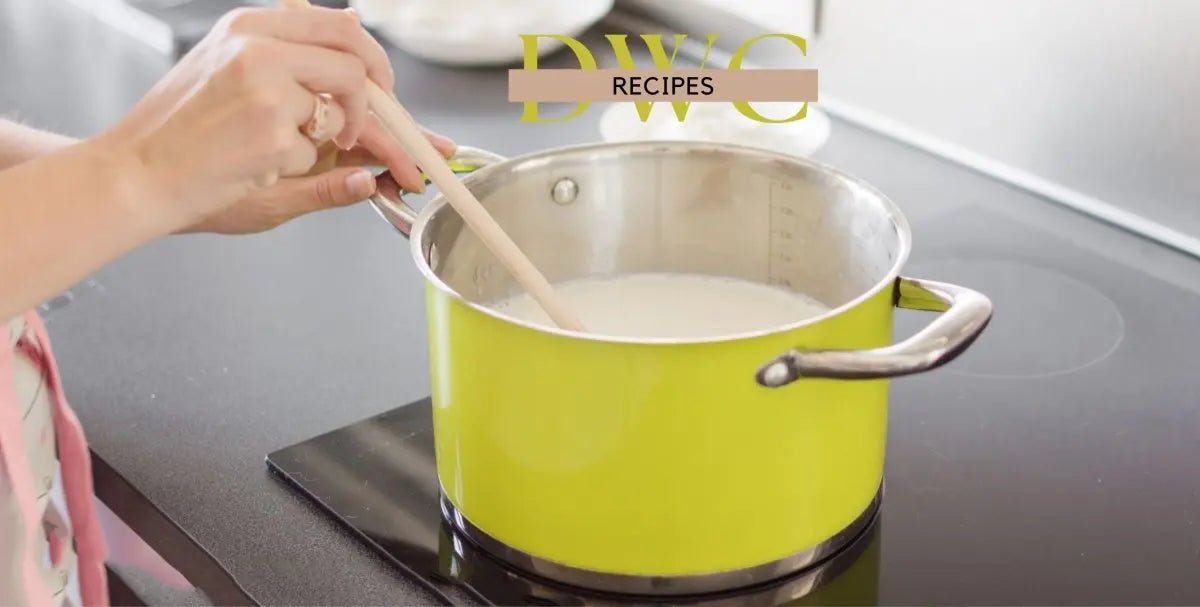
Burnout is a term we hear often — thrown around in conversations like a buzzword. But if you’ve ever truly experienced it, you’ll know it’s far more than just being tired. Burnout is a deep, lingering exhaustion that seeps into your bones and makes even the simplest tasks feel insurmountable. And while we usually associate burnout with overworking or stress-heavy careers, there’s another, quieter cause that doesn’t get talked about enough: the kind of burnout that stems from doing things we feel obliged to do.
I’ve seen and personally felt how burnout can sneak up not just in our workplaces, but in our personal lives, relationships, and even in our passions. Let’s unpack what burnout really is, how to recognise it — and how to begin healing from it.
Burnout is more than just fatigue. It’s a state of emotional, physical, and mental exhaustion caused by prolonged stress. It’s when you no longer feel like yourself. When you feel hollow, overwhelmed, or numb. It often results in:
A drop in motivation
A sense of detachment or disillusionment
Difficulty focusing
Frequent irritability
Emotional overwhelm or apathy
Trouble sleeping or sleeping too much
Headaches, digestive issues, and other stress-related physical symptoms
What makes burnout especially tricky is how subtle it can be at the start. You might brush it off as “just a rough week” or “a bit of stress” — until one day, you find yourself unable to get out of bed, crying over something small, or wondering why everything you used to love now feels like a chore.
We’re used to associating burnout with being swamped at work or managing too many responsibilities. But what if burnout isn’t from doing too much, but from doing too much of what we feel pressured to do?
This kind of burnout stems from constantly trying to meet expectations — whether they’re set by others or ourselves. It’s the weight of saying yes when we want to say no. It’s the pressure to always be productive, helpful, available, or "on brand."
Here are a few signs of this specific kind of burnout:
You feel resentful after helping others or completing tasks you didn’t genuinely want to do.
You dread activities you once enjoyed, because they now feel performative or obligatory.
You feel trapped in roles or responsibilities that no longer align with who you are.
You constantly feel guilty for needing rest or saying no.
You feel emotionally exhausted even when your physical workload isn’t overwhelming.
This burnout isn't loud. It’s quiet, like a slow leak. But it can be just as damaging.
Recognise What’s Draining You — Not Just What’s Keeping You Busy. Take some time to reflect on what’s been making you feel heavy. Are there commitments you’ve outgrown? Expectations you’re carrying that no longer serve you? Be honest with yourself. Sometimes, the most draining things are the ones we’ve convinced ourselves we should be doing.
Release the “Shoulds.” “I should go to that event.” “I should keep posting online.” “I should say yes to help out.” Shoulds are sneaky. They make us act from pressure, not from alignment. Try replacing “should” with “do I want to?” or “does this feel good/right for me right now?” You’ll be surprised at how much clarity that shift can bring.
Give Yourself Permission to Rest — Without Guilt. True rest isn’t just physical. It’s mental, emotional, and spiritual. It means unplugging from things that drain you and reconnecting with things that nourish you — whether that’s silence, solitude, nature, music, a good book, or even doing nothing. Rest isn’t laziness; it’s recovery.
Start Saying “No” with Love and Confidence. Burnout thrives when boundaries are absent. Practice saying no — kindly, firmly, and without guilt. You don’t have to justify every no. “No” can be a full sentence. And each time you honour your boundaries, you’re rebuilding trust with yourself.
Reconnect with Joy and Authenticity. Sometimes, burnout dulls our sense of joy. Gently revisit the things that once lit you up — but with no pressure to be good at them. Paint for the sake of splashing colour. Write without worrying about coherence. Walk without counting steps. Reconnect with the version of you who did things simply because they made your soul feel full.
Seek Support. You don’t have to go through burnout alone. Reach out to a therapist, coach, or even a trusted friend. Talking it through can help you process the feelings and find your way forward. You deserve support, even if your struggle feels “invisible.”
You are not failing because you need rest. You are not broken because you’ve lost your spark. Burnout is not a reflection of weakness — it’s often a sign that you’ve been strong for far too long, without enough care for yourself.
Let this be your permission slip to take a breath. To say no. To reclaim your energy. And to remember that your worth is not tied to how much you produce, please, or push through.
You’re allowed to change. You’re allowed to pause. And you’re absolutely allowed to protect your peace.
.jpg)
.jpg)
.jpg)
.jpg)
.jpg)





.jpg)
.jpg)





.jpg)


.jpg)

.jpg)




.jpg)
.jpg)